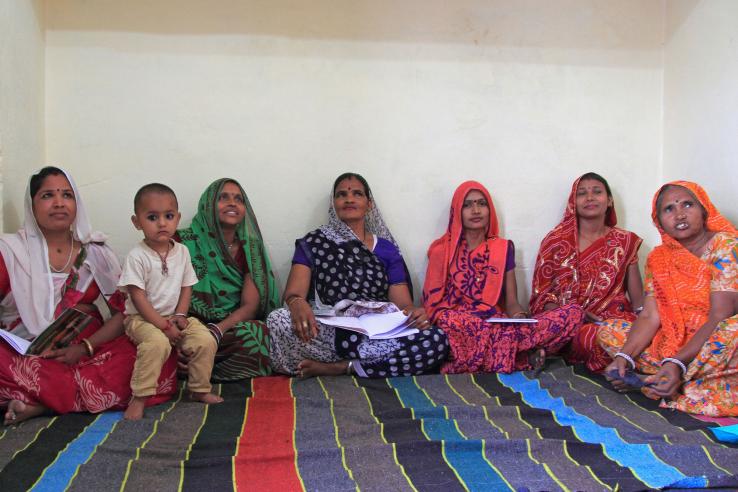
Recognizing World Health Day: Discovering what works to improve mental health around the world

We often think about health in physical terms, and even then, we sometimes take our own health for granted until we start to feel poorly or become sick ourselves. The World Health Organization, however, defines health more broadly: as “a state of complete physical, mental, and social well-being and not merely the absence of disease or infirmity."
As we recognize World Health Day today, it is critical that we consider this more holistic understanding of health. This year, World Health Day focuses on mental health and depression, which is now the leading cause of ill health and disability worldwide. More than 300 million people around the world are living with depression, many of whom reside in low-income countries with an inadequate level of mental health care services.
Because mental health care in many developing countries is under-resourced, policymakers and practitioners need evidence of impactful programs that can be scaled at relatively low cost and high benefit. Economists are addressing this need by increasingly conducting randomized evaluations of programs that aim to improve mental health.
J-PAL supports this effort through its research initiatives by funding evaluations in understudied areas. For example, researchers in Bangladesh, funded by J-PAL’s Urban Services Initiative (USI), are piloting a Cognitive Behavioral Therapy intervention to help female garment factory workers cope with psychological stress and improve their mental well-being and economic productivity. Another ongoing USI pilot study is evaluating whether medical treatment for depression alongside job placement services will improve mental health and economic outcomes among women in Bangalore, India.
The negative effects of poor mental health on individuals’ physical health is significant. According to the WHO, people with major depression and schizophrenia have a 40 to 60 percent greater chance of dying prematurely than the general population, owing to physical health problems that are often left unattended and to suicide (the second most common cause of death among young people worldwide). Across populations, the impacts on broader economic and social well-being are substantial.
While these studies provide examples of a growing body of economic research in this area, mental health remains a critically understudied topic. J-PAL recognizes that far more research will be needed to help policymakers in low-resource settings identify cost-effective, scalable interventions that raise awareness and reduce stigma about mental health, and that substantially decrease rates of depression. These investments are necessary to achieve long-term goals of good health and well-being worldwide.